Can't handling the truth
Betrayal blindness — wherein we fool ourselves we're not being fooled — is the real global epidemic
Stabbed in the back. Hung by the neck. Treason of the blackest dye. The imagery of betrayal and its consequences in our stories and history is visceral and abundant — Shakespeare, Verdi, Tolstoy, Mozart, Dickens. Operas have been written!
Our emotional experience matches it. The gut wrench horror of discovering someone or some institution you trust and depend on did not deserve trust — you gave them your energy, faith, money, consent, lives … they gave you up, they gave up your family!
The effects of catastrophic betrayal can be life changing, poisonous — psychologists note it as a significant psychological phenomenon that tends to be long-lasting, even permanent, and is well-remembered. “Many betrayals are unexpected events that come as a surprising shock; not infrequently, the betrayal is disbelieved at first.”
The effects of betrayal include shock, loss and grief, morbid pre-occupation, damaged self-esteem, self-doubting, anger.
History turns on betrayals
All these extreme emotional crises came into play at a key juncture of the Revolutionary War. Benedict Arnold was one of George Washington’s chief generals, a gifted military battle hero, and had just been made commandant of a key strategic garrison, West Point. But when Washington arrives at West Point on a rather impromptu visit, Arnold is nowhere to be found. Washington discovers — in a series of unlikely events Washington later called “providence” — that Arnold has plotted to sell West Point to the British. “All is lost!” Washington laments. Alexander Hamilton and Marquis de Lafayette find Washington trembling with emotion, a packet of papers in his hands. “Arnold has betrayed us!” Washington cries out, “Whom can we trust now?”
“If I point out a plan of cooperation by which S[ir]. H[enry] shall possess himself of West Point, the Garrison, etc. etc. etc. twenty thousand pounds Sterling I think will be a cheap purchase for an object of so much importance.”
Decoded transcript of Gen. Benedict Arnold’s letter to Major John André
At that point, it wasn’t clear how wide was the plot or how great the immediate danger to West Point. But so devastating was the blow of discovering the betrayal of a man he’d deeply trusted, Washington wanders around like a man in a nightmare. Instead of preparing for an attack, he could focus only on capturing the traitor. To avoid tipping off Arnold that his perfidy had been discovered, Washington does little more than dispatch Hamilton thundering on horseback to track him down.
It wasn’t until after 6 pm that word came of Arnold’s narrow escape — Washington was a mere mile away — to a British warship (with a name, HMS Vulture, that screams “spoiler alert”). Washington finally turns from his morbid pre-occupation to prepare the army for a British assault — steps he should have taken hours earlier. Luckily for Washington and the Revolutionaries’ ambitions, the wind changed during the night making a British naval approach impossible. Immediate danger over.
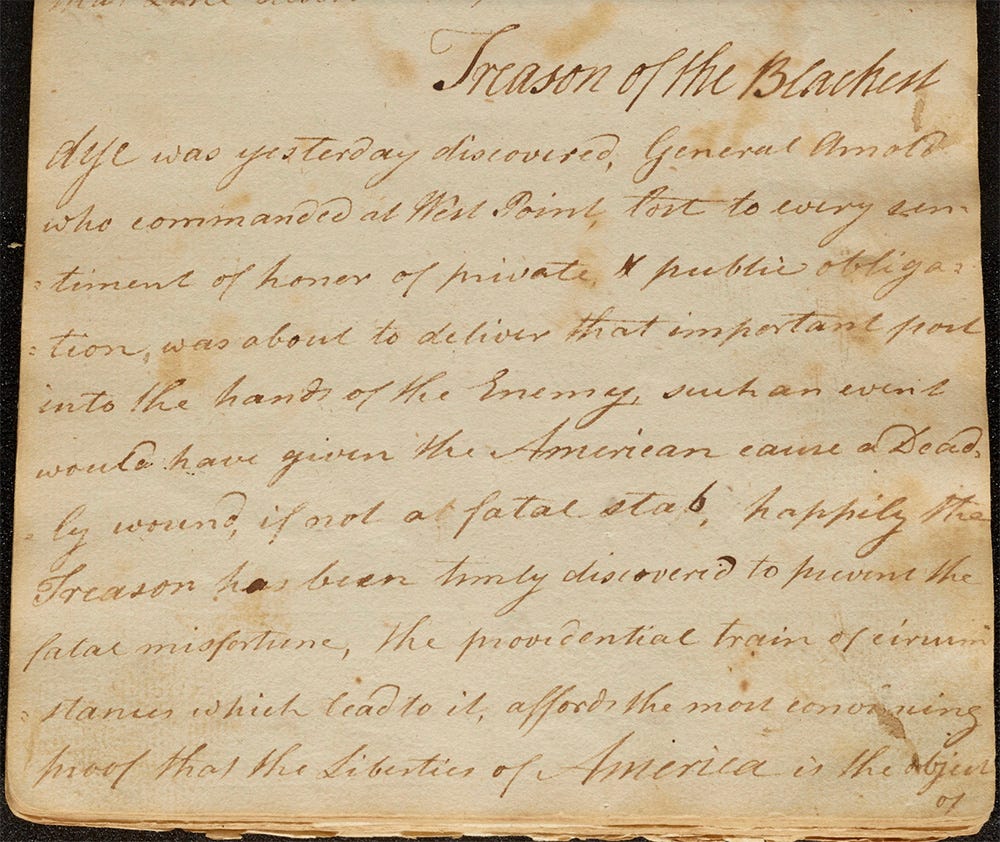
Had Arnold’s plot not been timely thwarted, as Washington notes, “Such an event would have given the American cause a Deadly wound, if not a fatal stab.” Had the wind not turned that night, Washington’s delays in readying the army due to his emotional collapse in the face of betrayal may have had the same consequence. (Curiously, two events and an exhibit about Arnold’s betrayal are taking place this fall. One virtual Sept 11. Another opens Sept 25 in Tarrytown, NY.)
Good news: We’re hardwired to detect cheats
Fortunately, it turns out humans are hardwired with psychological mechanisms that help detect betrayal. Inner “cheater detection procedures” — proposed as an adaptive algorithm in the brain that proceeds automatically or ‘intuitively’ — enable us to very quickly figure out if a person / institution has not held to their promises.
Humans have evolved to know intuitively they’re likely to live a lot longer by choosing to have no further dealings with someone who lies and cheats. Huzzah!
When cheating is detected, a normal human response is either anger and confrontation and/or rejection of the cheater. But things go sideways when we’re betrayed by someone or an institution we feel our lives depend on. Suddenly it seems both normal response A - confronting the betrayer, and normal response B - rejecting the betrayer directly threaten our survival. The internal cheater detection alarms go off as usual, but the normal responses are off the table.
Bad news: There’s betrayal blindness
This inner fear-based crisis often results in what researchers have termed betrayal blindness. People block from their awareness the reality of the betrayal. The betrayed often forget the experience, or retell it as if the betrayal was something they wanted when they really had no control and no choice. Impaired memory can be provoked by explicit threats from the betrayer demanding silence.
“Betrayal can be mundane or a central threat to our wellbeing. When we see it, we hate it. Yet, even though it is often in our very midst and of critical importance, we frequently don't acknowledge or even notice it. Whether the betrayal occurs in our closest relationships, in our workplaces, or in our society, often we are powerfully and surprisingly motivated to remain ignorant.”
Sense of self shatters after betrayal
When a betrayal is discovered or finally faced, a person’s sense of who they think they are often shatters. The betrayed may suddenly see all the early warning signs — which were ignored — and that realization can lead to a cascade of debilitating self doubt and self blame.
“How could I have been so stupid? Why did I allow this to happen?”
In a conversation years later, Washington recognized his own blindness in not acknowledging the early warning signs of Arnold’s betrayal:
“I confess I had a good opinion of Arnold before his treachery was brot to light; had that not been the case I should have had some reason to have suspected him sooner. … he called at my quarters, & in the course of conversation expressed a desire of qu[i]tting Philadelphia & joining the Army the ensuing campaign. I told him that it was probable … that if his wound & state of health would permit I should be extremely glad of his services with the army. … he …intimated a desire to have the command at West point—I told him I did not think that would suit him …. It then appeared somewhat strange to me that a man of Arnolds known activity & enterprize should be desireous of taking so inactive a part. I however, thot no more of the matter. …
While the Army was crossing at Kings ferry—I … met Arnold who asked me if I had thot of anything for him. I told him that he was to have the command of the light troops wh. was a post of honour & which his Rank entitled him to. upon this information his Countenance changed & he appeared to be quite fallen & instead of thanking me or expressing any pleasure at the appointment, never opened his mouth. … he found Colo. Tilghman, … & mentioning what I had told him, seemed to express a great uneasiness at it—as his leg he said, would not permit him to be long on horse back, & intimated a great desire to have the command at West point. …Col⟨o⟩. Tilghman informed me of what had passed between him & Arnold. I made no reply to it—but his behavour struck me as strange & unaccountable. … as I intended to visit the fortifications I would see Genl Arnold there. After I had breakfasted—I went over the River, & enquiring for Arnold, the Command⟨ing⟩ officer told me that he had not been there—I likewise enqured at the several Redoubts but no one could give me any information where he was. The impropriety of his Conduct when he knew, I was to be there, struck me very forcably & my mind misgave me, but I had not the least idea of the real cause.
— George Washington Oct. 22, 1786, as noted by his secretary, Tobias Lear.
The desire to preserve one’s sense of self is likely a strong contributing motivator for betrayal blindness. To stay blind preserves relationships, institutions, and social systems — and a sense of self — upon which the betrayed believes they depend, even though these very relationships, institutions, and social systems have caused enormous harm.
The natural human instinctive desire to be free from the harm of betrayers is blocked from guiding the betrayed toward an appropriate healthy course of action. Our brains, in attempting to protect us from expected traumas, make us reject obvious betrayals.
The powers-that-be cultivate and count on betrayal blindness
We can track now how the cabal uses this knowledge of human behavior models to manipulate and control the masses. If you can predict how humans respond to betrayal and why they choose to be blind to it, the formula writes itself. It’s a pattern noted by psychologists 20 years ago in the 2004 election on the heels of fabrications / betrayals that led to the Iraq war.
Establish the agenda. (ie Agenda 2030.)
Create and expand seemingly authoritative global institutions.
Create a (series of) (phony) crisis to trigger fear.
Build up designated heroes as saviors.
Attach the heroes to core values — those values most central to the moral and personal identity of identified demographics.
Convince the masses to throw all their energy, time, money, and faith toward that hero conveniently selected (AI generated? algorithm-driven) for them.
Cultivate a “loyalty” devotional / veneration / tribalist / cult mentality to heroes / institutions / political “parties” / religions / slogans.
“Safe and effective.”
Debase and cheer on debasement and suspicion of others not in the cult.
Demand “choosing sides” and participation in this theater.
Ramp up feelings of threat and insecurity.
Drop 24/7 news threats of wars,
bird flu/ monkeypox, financial system crash, inflation, flood of migrants, climate cataclysms.Convince the cult members that “your core values / lives are under attack!” by those not in the cult / presenting betrayal evidence.
Convince the cult members “this is an emergency!”
Arbitrarily authorize “emergency” measures (that never end).
Cultivate a dependent relationship on heroes / institutions / social systems.
Repeatedly demonstrate the powerlessness / helplessness of regular people, especially highlight being humiliated / attacked by those outside the cult.
Cue heroes to repeatedly deliver “trust the plan” “follow the science” type instructions to get people to give up their power to think for themselves.
Remove alternative options and evidence of harm and of hero / institutional betrayal from mass awareness.
Build a censorship industrial complex.
Discredit data and evidence of betrayal and lies (ie excess deaths, vaccine injuries, climate is not in crisis).
Mandate protocols.
Threaten and demand silence about betrayal. Gaslight.
It’s the same messaging sequence for any puppet hero / institution denomination. Algorithms can swap in different core value trigger stories depending on the color banner you’ve been seen carrying online. We’re being manipulated like emotional drones.
In this extremely calculated way, the cabal almost guarantee a large swath of the population continue to be stuck in betrayal blindness as their authorized heroes, institutions, and social systems universally continue to betray us and run-walk us all toward the same agenda via demographic-specific narrative roads. (I’ll unpack some examples of this in a future Substack.)
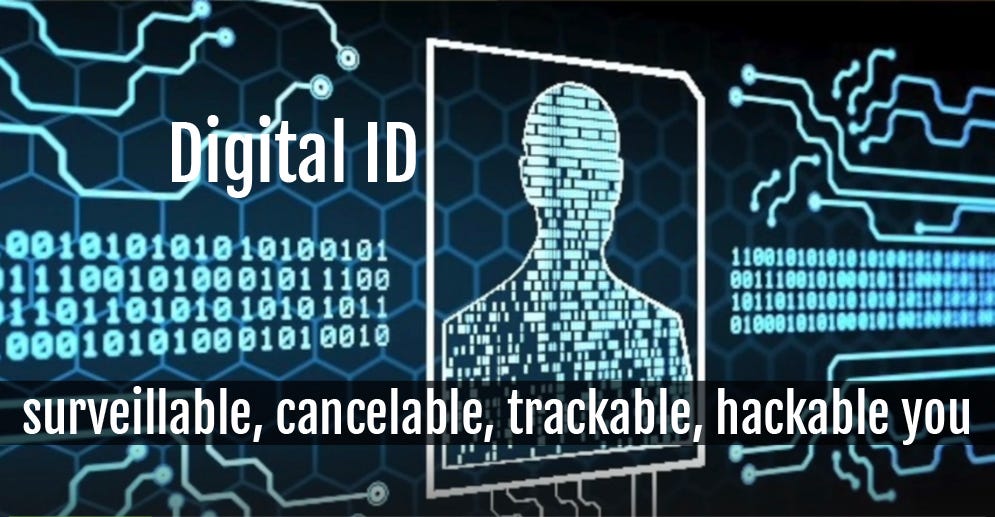
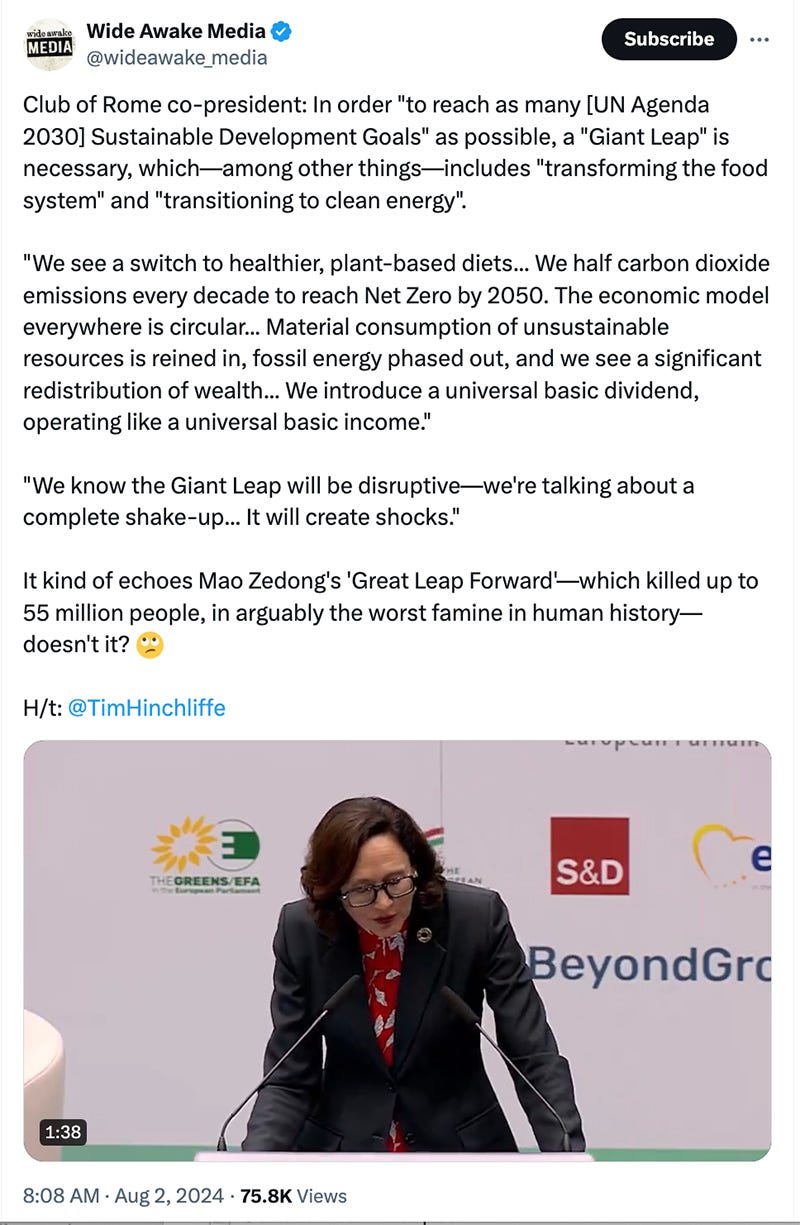
Just one quick example of the “all roads lead to Rome” reality is the fact Bilderberg Groupies are the funding power behind both Trump and Harris (*checks news to see if Harris is still the chosen blue puppet) and RFK Jr has just conveniently “suspended” his (half-truth) campaign. A choice between two Biderbergs is not a choice. As The Last American Vagabond’s Derrick Broze reports, “While Peter Thiel and Eric Schmidt fund opposing sides of the U.S. election, they are both invested in a venture capital firm with deep ties to U.S. intelligence and military.”
That fear of discovering betrayal makes us turn our eyes away from evidence, believe crazy apologists, cheer harder, vote harder, defend heroes harder, drown out questions with loud loyalty so we can’t hear or feel the looming searing pain of being betrayed.
Cost to staying blind
But there’s an enormous cost to this internal emotional bargain. Unprocessed betrayal, according to Charlie Health, can take a mental health toll akin to trauma, in some instances leading to trauma symptoms like post-traumatic stress disorder (PTSD), complex grief, and physical symptoms like headaches, stomachaches, and difficulty sleeping, according to studies.
Aside from the host of individual physical, mental, and behavioral symptoms, the cost of continued blindness to this set of institutional and “leadership” betrayal before us is finding ourselves being hurled into a system of cabal-controlled globalist tyranny none of us humans would want. There is no popular support for their soulless agenda.
Pro tip: Billionaires are NOT going to save you
Our blindness to betrayal is stopping us, just as it temporarily stopped George Washington, from doing what we need to do: opt out of institutions that lie to us and ditch heroes who tell us lies and half-truths. To know what the half-truths are, we have to be willing to look. Follow the money. Follow policy records. Follow business relationships. Listen to evidence. Check sources. As Whitney Webb calls out in a recent interview highlighted more below:
“We’ve been suckers for these talking points — we need to stop.”
We need to remember who we are. We already intuitively know we’ll live longer when we have no further dealings with someone who lies and cheats. We have to get back to trusting ourselves that we know how to detect a cheat. Let’s all turn that spidey sense back on to 11.
They’re going to throw a lot of bait and switch tricks in our path. And a lot of AI. Independent media have become beholden to the same algorithms that mainstream media are beholden to. They can become just an alternate avenue for fear-monger half-truths.
Psychologists point out this betrayal blindness human behavior pattern also shows us the path to seeing clearly again: reduce fear, reduce dependence.
“If dependence on those authorities can be reduced, the ability to separate lies from truth should spring back to life.”
It’s our emotional and perhaps perceived financial dependence on the heroes and their promises that leads to our blindness to their deceptions. If we keep trusting them we are in trouble.
We can check ourselves on our own inner scale for how emotionally and financially dependent we feel toward any particular hero / institution. These are inner beliefs and we can choose to let them go.
The world we’re being hurled into when we dig past the lavish mirages is, as Whitney Webb points out, a construct of criminal banker schemes they’ve framed as saving the planet while doing the opposite (see video below). Just one example: The guy who came up with carbon credits used to work at junk-bond-scandal riddled bank Drexel Burnam Lambert where he helped invent financial derivatives and collateral mortgage obligations (CMO) that exploded in 2008 and largely caused the 2008 economic crisis.
These people are not on your side.
“They … don’t give a damn about regular people. So regular people have to give a damn about themselves and stop looking for these people to save them. They’re herding us into this vision that H.G. Wells and people like Eric Schmidt and Henry Kissinger have shared of this idea of … an upper class and lower class. … They’re going to become a different species and us, the lower class, are basically going to … eat bugs and become goblins that serve these super elite that are enhanced genetically. It’s madness!”
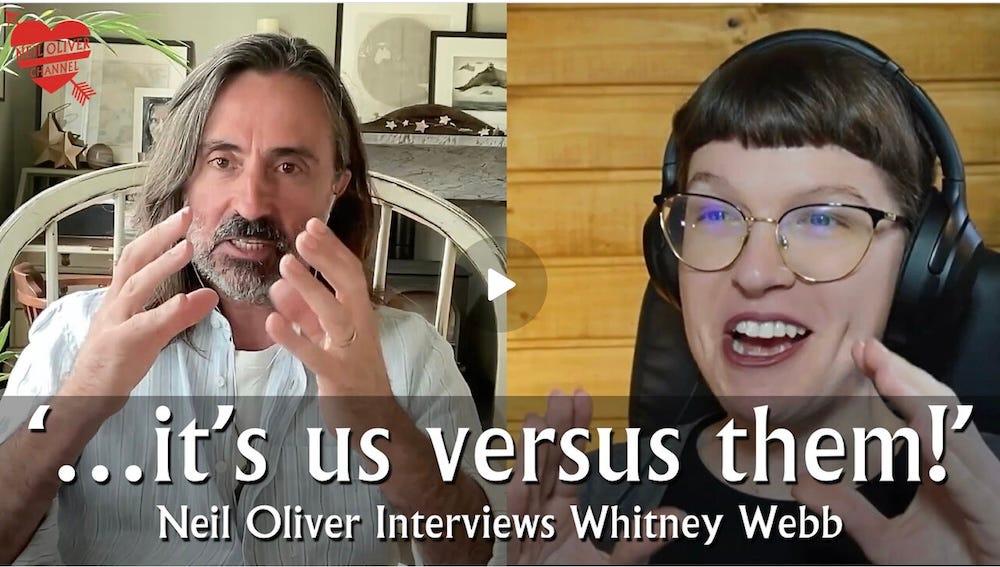
How do we opt out of this antihuman future and build the world we want?
Heal the betrayal.
They don’t want you to think for yourself. They don’t want you well and balanced and capable. Then where would they be?
There are many walking wounded. I don’t know one family who wasn’t torn apart by the life-threatening emotional coercion process the cabal deployed in the “covid” operation. The fact that I’ve yet to hear via friends or online of any outpourings of apologies for the cruelty inflicted and that no one wants to talk about it tells me there’s a LOT of unprocessed betrayal blindness that hasn’t been dealt with. The cabal is doing their best to distract us with the cabal puppet theater we call the election season.
The process I outlined for clearing fear in my previous Substacks (Getting to courage and The fears that shall not be named) can also be applied to clear the difficult emotional complex around betrayal, including self blame.
The mental health group Charlie Health echoes that connecting with one’s own feelings is essential:
“Suppressing or ignoring your true emotions about the betrayal is a common feature of betrayal trauma, but it’s important to let yourself feel how you feel—whether that’s anger, sadness, or a sense of loss. Coming to terms with what happened is an important first step on your road to healing. If you’re struggling to connect with your feelings, journaling, making art, or talking to a trusted friend can be effective ways to process your emotions.”
Stay with acknowledging the emotional energy — without judgment — so it can be processed and released. Don’t get stuck too long in the story of it.
Washington realized he faced a huge challenge after Arnold’s betrayal: he might suspect the innocent, and give his confidence to the unworthy. Hatred for the traitor swept the Americas (see image at top), but Washington worked to turn that hatred to gratitude that the plot had been foiled: “In no instance since the commencement of the war has the interposition of Providence been more conspicuous than in the rescue of the post and garrison of West Point from Arnold’s villainous perfidy.”
Detach from false institutions and heroes. Work local. Create something new.
We have a lot more power than we realize, as individuals. They need our consent to agree with their shaped contorted version of reality. If we don’t buy into it, they’ll never pull it off.

Opting out of their narratives is in itself is a huge step toward building what we deserve.
We need to also look to what we can do as people and as communities. Whitney echoed my thoughts in the interview: we need to plan — as people and communities — how we can opt out of these systems they aim to impose on us. We can gather with neighbors and make real human connections to create alternatives and build real human solutions.
What are the qualities you would want from an institution when you know the existing one is false? Honesty would be #1 for me.
There are alternatives to build, and we have time. I agree with Whitney: everyone has skills — art … music … an alternative financial system — and we can find a way to imagine what we deserve instead of going along with the crazy world they’re conjuring.



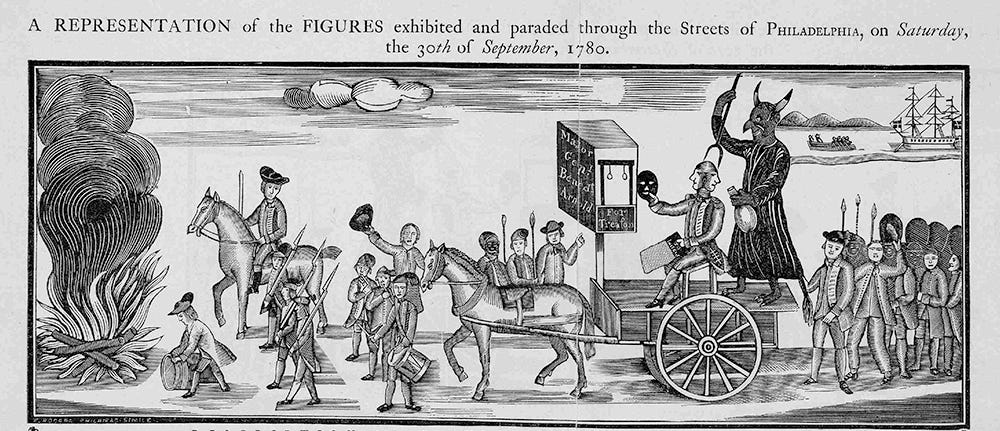
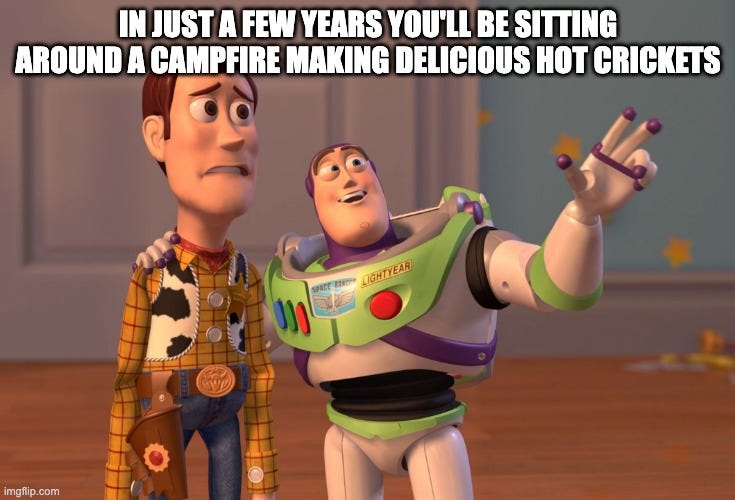
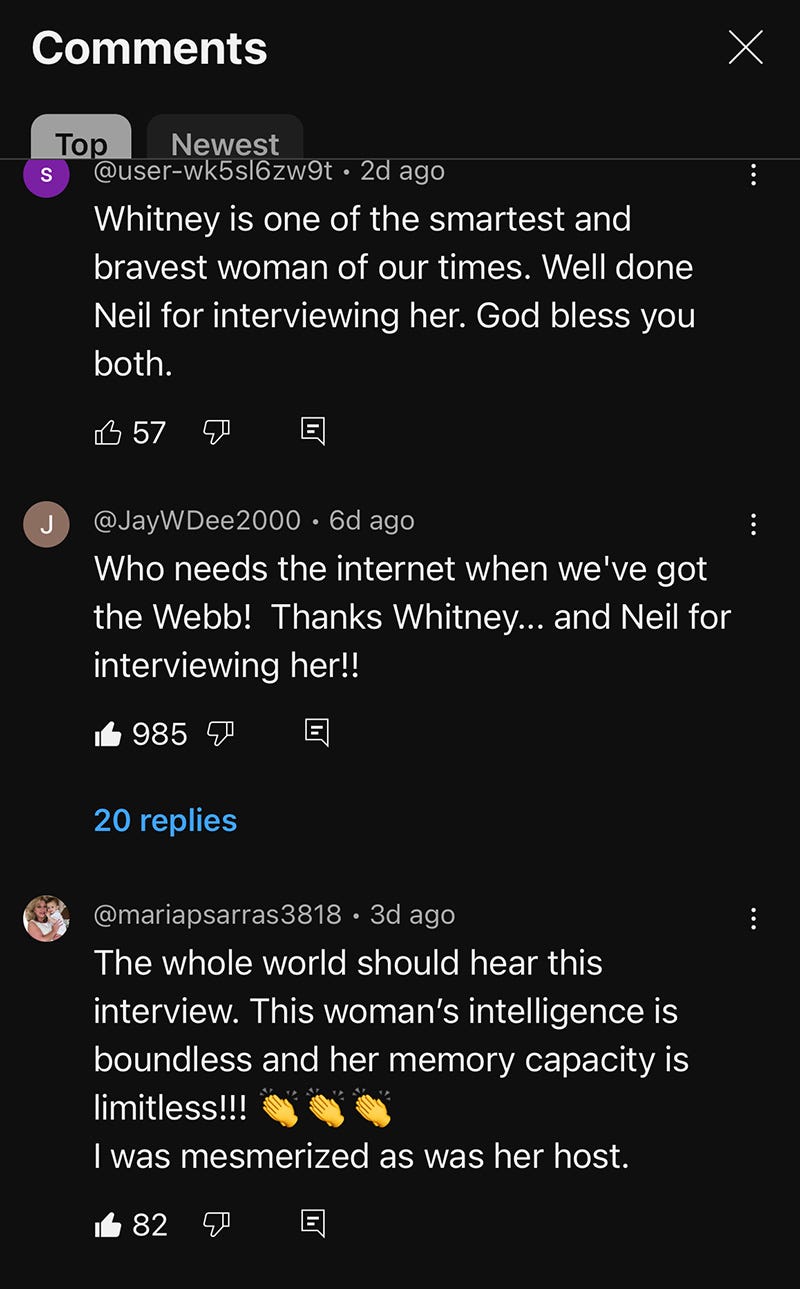
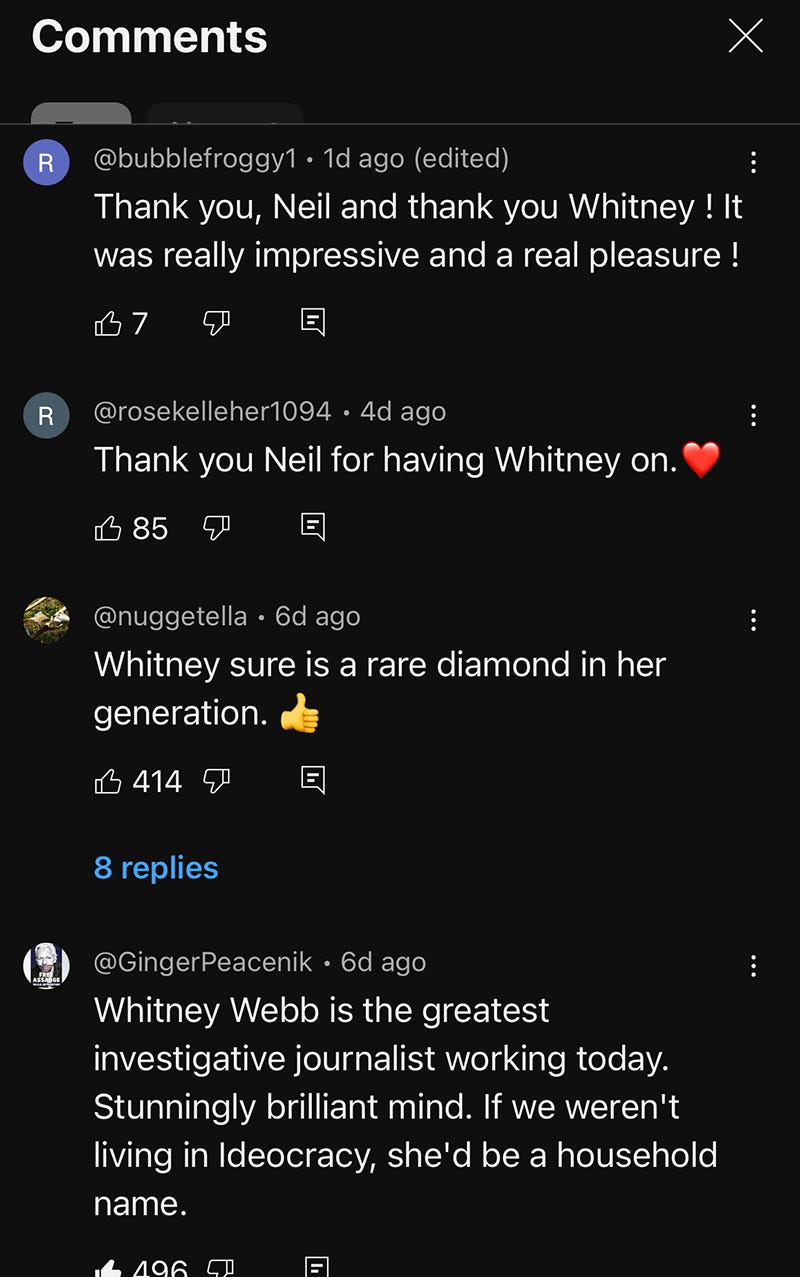
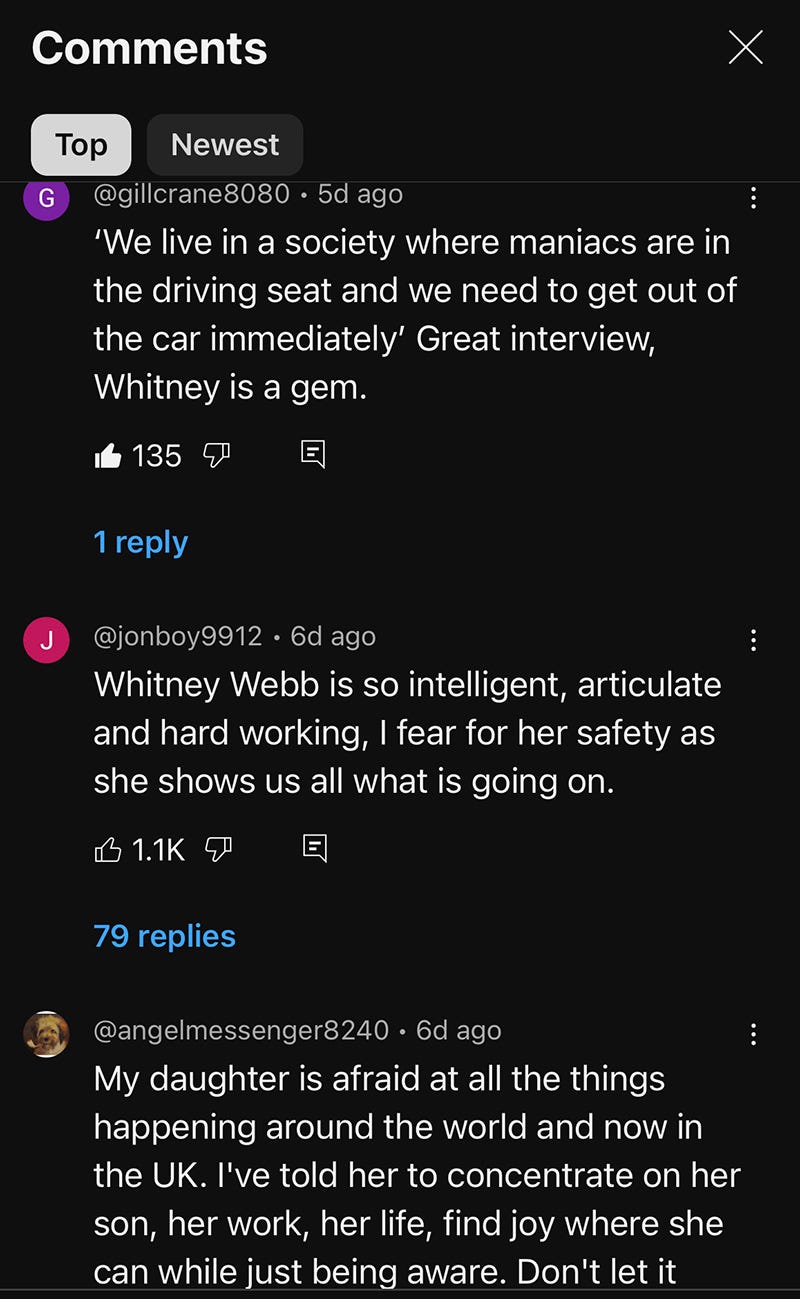
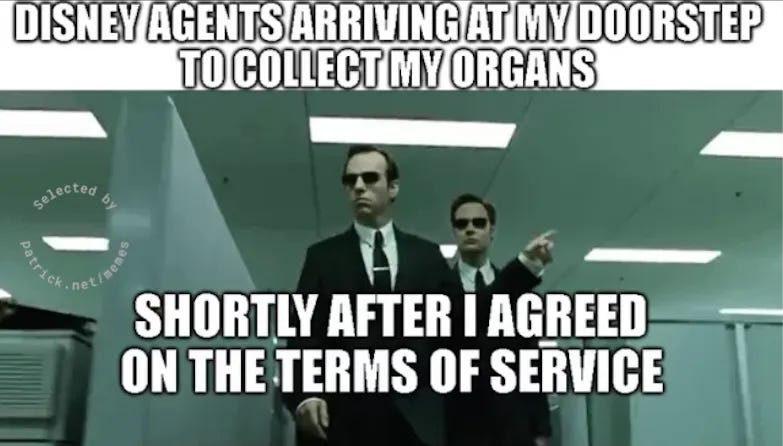
Just goes to show you, if it can happen to George Washington, it can happen to anybody…
Great essay!
I have a lot of relatives who still cannot admit how badly they were pfooled by Pfauci and Pfizer.
I understand. It would be really painful for them to admit the truth. But they should do it anyway, for their own self-respect and eventual healing.